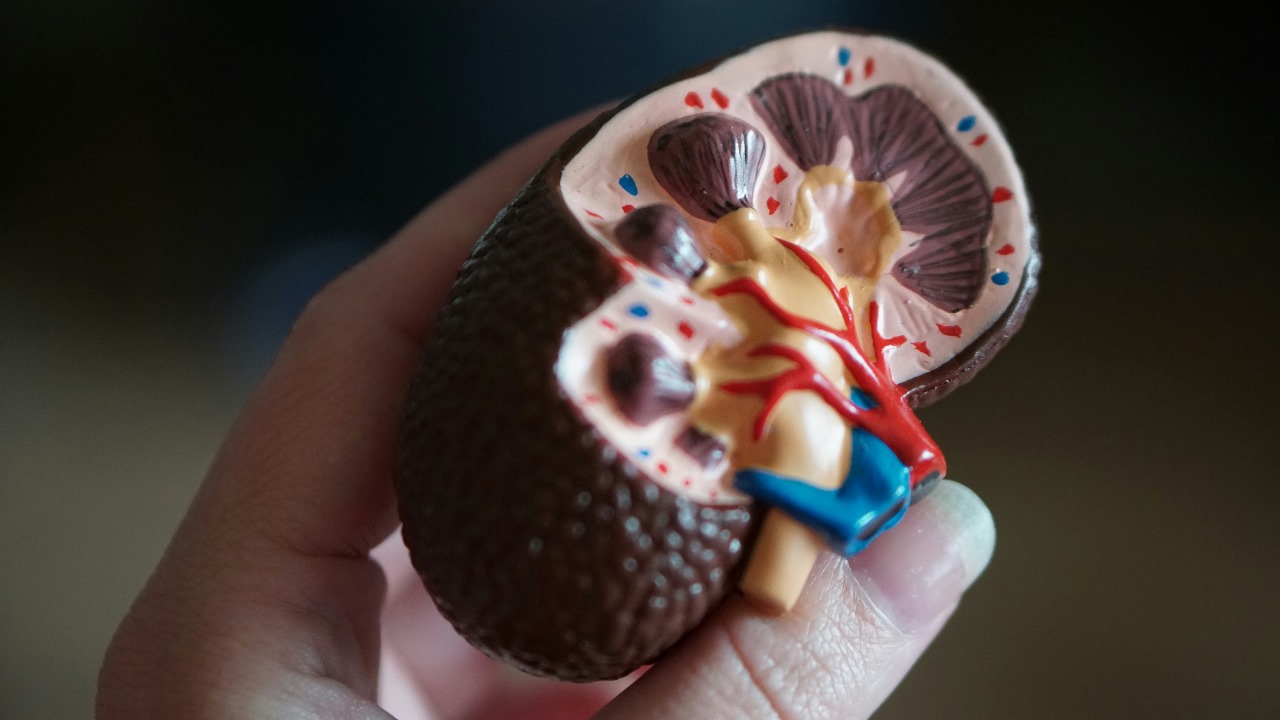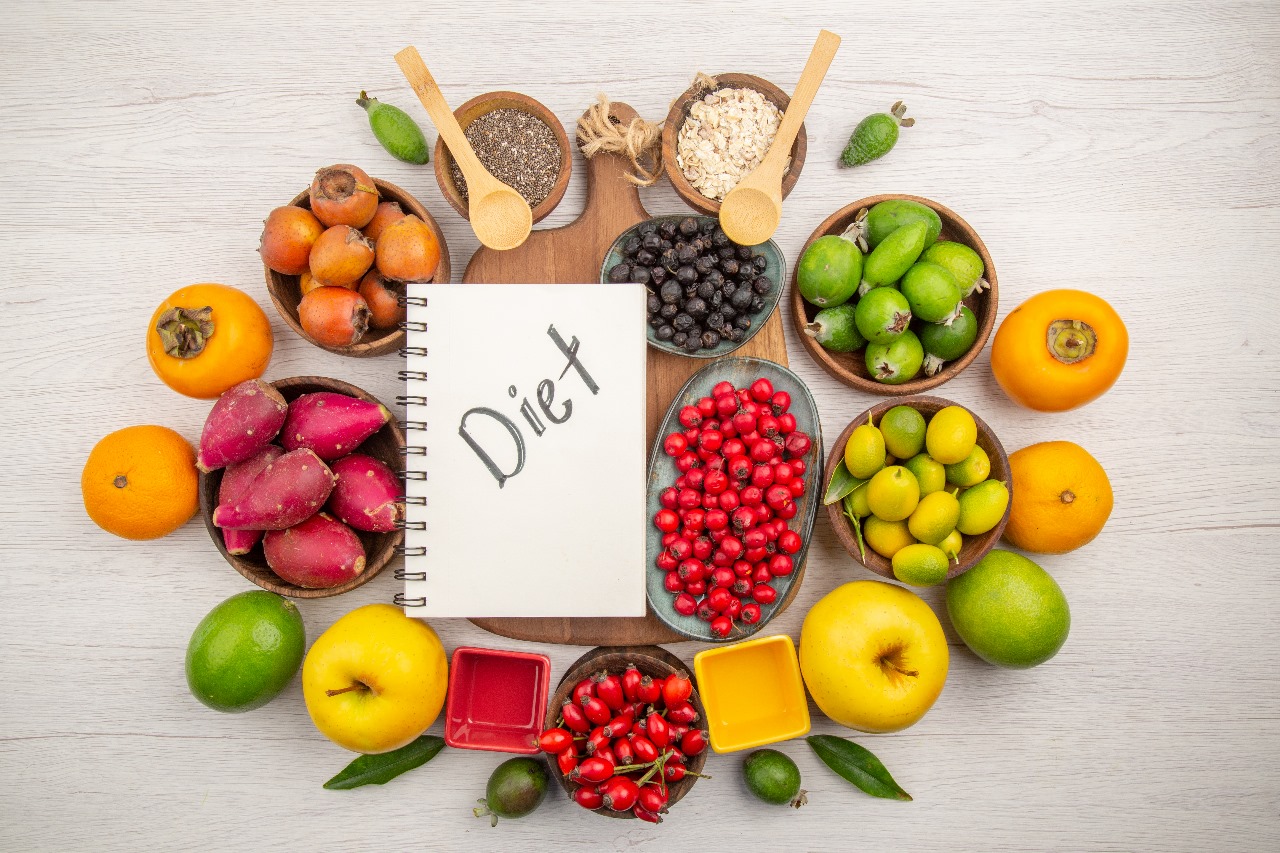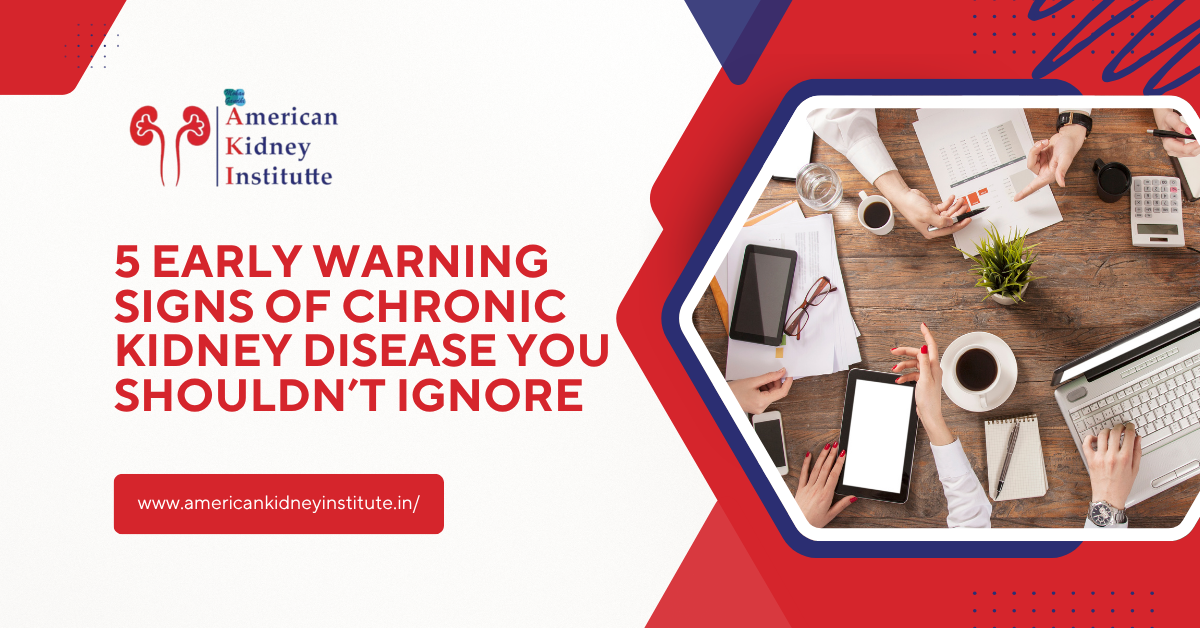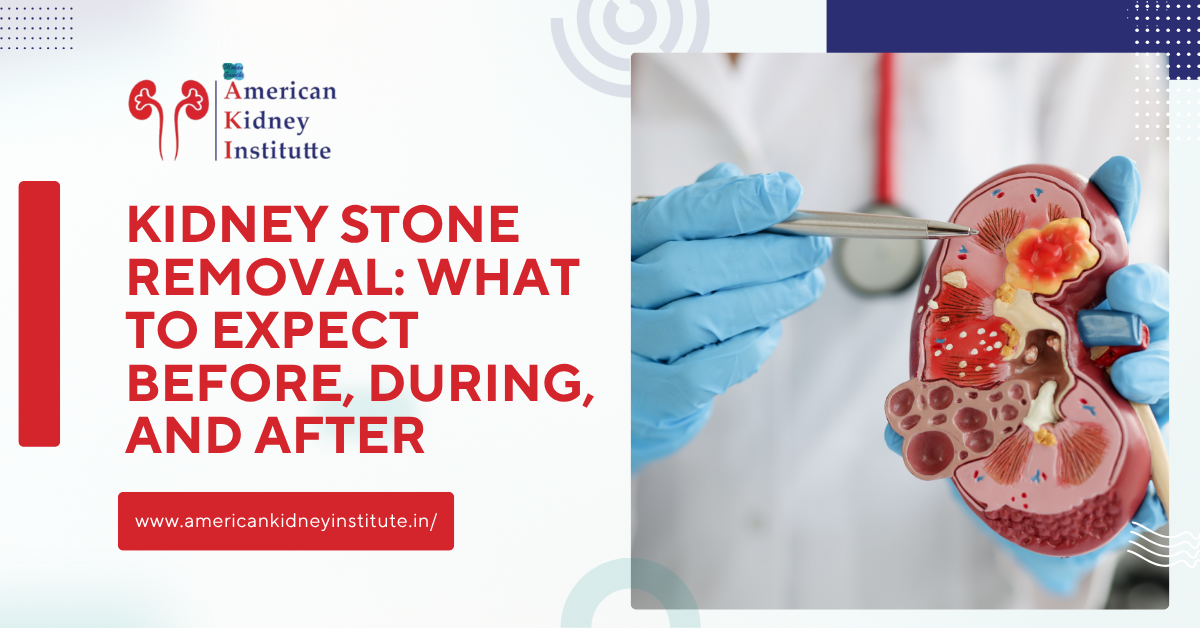
- 0 Comments
- Uncategorized
Chronic Kidney Disease (CKD) is a growing health concern worldwide, and in cities like Vijayawada, many patients are being diagnosed at later stages due to lack of awareness. Unfortunately, myths and misconceptions about kidney health often prevent people from seeking the right care. Understanding the truth about chronic kidney disease can help patients make better lifestyle choices, follow the right treatment plans, and protect their kidney health. In this article, we’ll debunk 5 common myths about chronic kidney disease and highlight the facts every patient should know. Myth 1: Kidney Disease Shows Clear Symptoms in Early Stages Fact: One of the biggest misconceptions is that CKD always shows early warning signs. In reality, chronic kidney disease often develops silently. Most patients do not experience noticeable symptoms until the condition reaches advanced stages. By then, the kidneys may have already lost significant function. This is why routine check-ups, especially for people with diabetes, high blood pressure, or family history, are critical. Consulting a nephrologist in Vijayawada can help detect CKD early and prevent complications. Myth 2: Kidney Disease Cannot Be Controlled Fact: While CKD is a progressive condition, it can be slowed down and managed effectively with the right care. Lifestyle modifications, medications, and a CKD diet plan play a major role in keeping the kidneys healthy. Patients at the best kidney hospital in Vijayawada often receive personalized treatment plans that focus on controlling blood sugar, blood pressure, and diet. With early intervention and regular follow-ups, many patients live long and healthy lives. Myth 3: Only Older People Get Kidney Disease Fact: Kidney disease does not affect only senior citizens. CKD can develop at any age, especially in people with risk factors such as obesity, diabetes, hypertension, or a history of kidney stones. Even young adults can suffer from CKD if preventive care is ignored. This is why visiting a urologist in Vijayawada or nephrologist for routine check-ups is highly recommended, regardless of age. Myth 4: Dialysis Is the Only Treatment for CKD Fact: Many people assume that a diagnosis of CKD automatically leads to dialysis. The truth is that dialysis is required only in the advanced stages of kidney failure, when the kidneys are unable to function at all. In most cases, patients can manage the disease for years through medication, diet adjustments, and lifestyle changes. Early detection and consultation at the best kidney hospital in Vijayawada can delay or even prevent the need for dialysis. Myth 5: Drinking More Water Can Cure Kidney Disease Fact: Staying hydrated is important for overall health, but excess water intake cannot cure CKD. In fact, patients with advanced kidney disease may need to limit their fluid intake to prevent swelling and high blood pressure. The right amount of water depends on the patient’s condition and should be guided by a qualified nephrologist. Always follow medical advice instead of relying on home remedies or assumptions. Kidney disease is surrounded by several myths that can put patients at risk if they are not corrected. By understanding the facts, patients can take the right steps toward prevention and management. Regular check-ups, a kidney-friendly diet, and professional medical care are key to controlling CKD. If you are experiencing symptoms such as swelling, fatigue, or high blood pressure, or if you have diabetes or hypertension, it’s important to consult a top nephrologist in Vijayawada without delay. The best kidney hospital in Vijayawada offers expert care from specialists and dietitians who can help you manage your condition effectively. Remember, timely action and the right medical guidance can make all the difference in protecting your kidney health.



